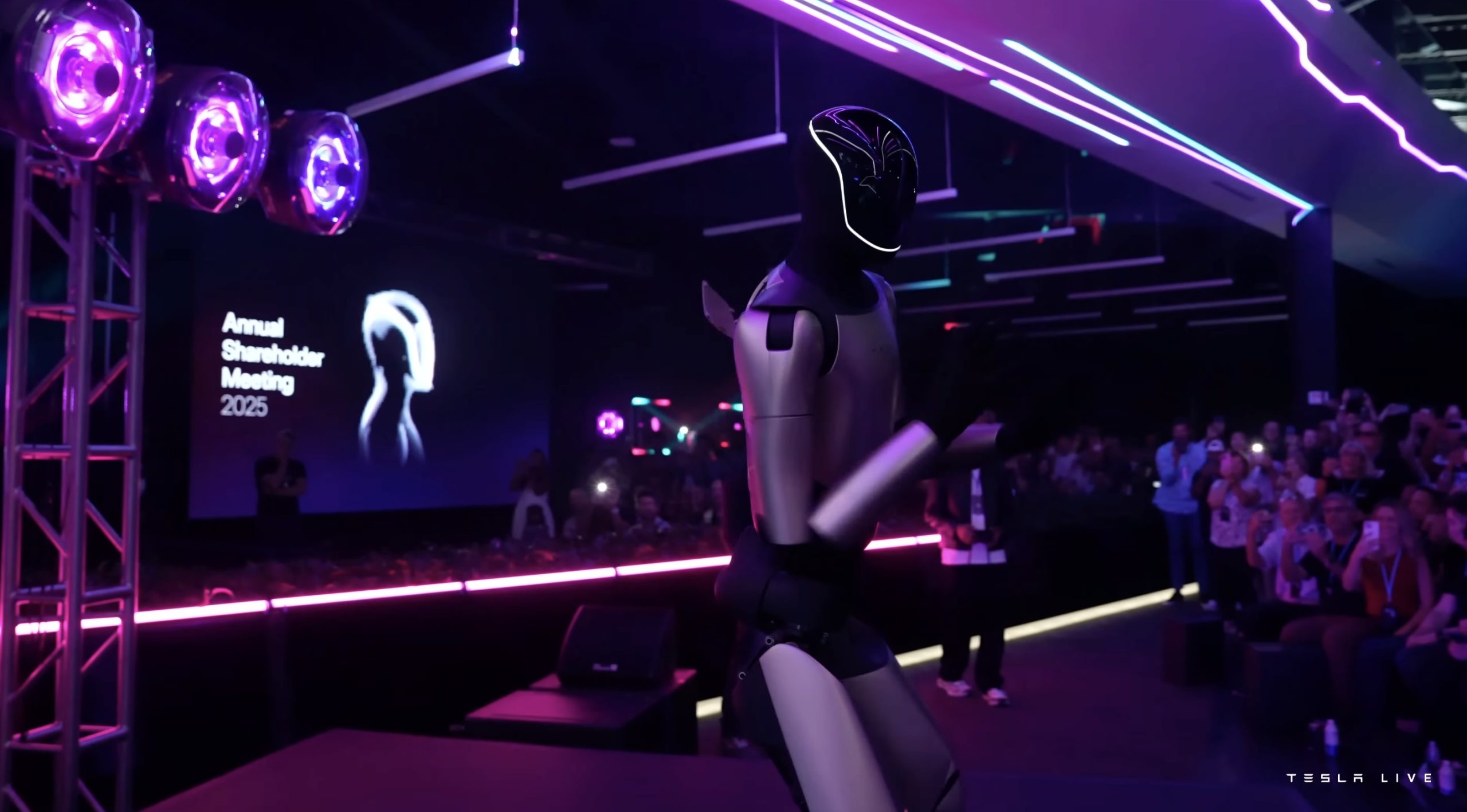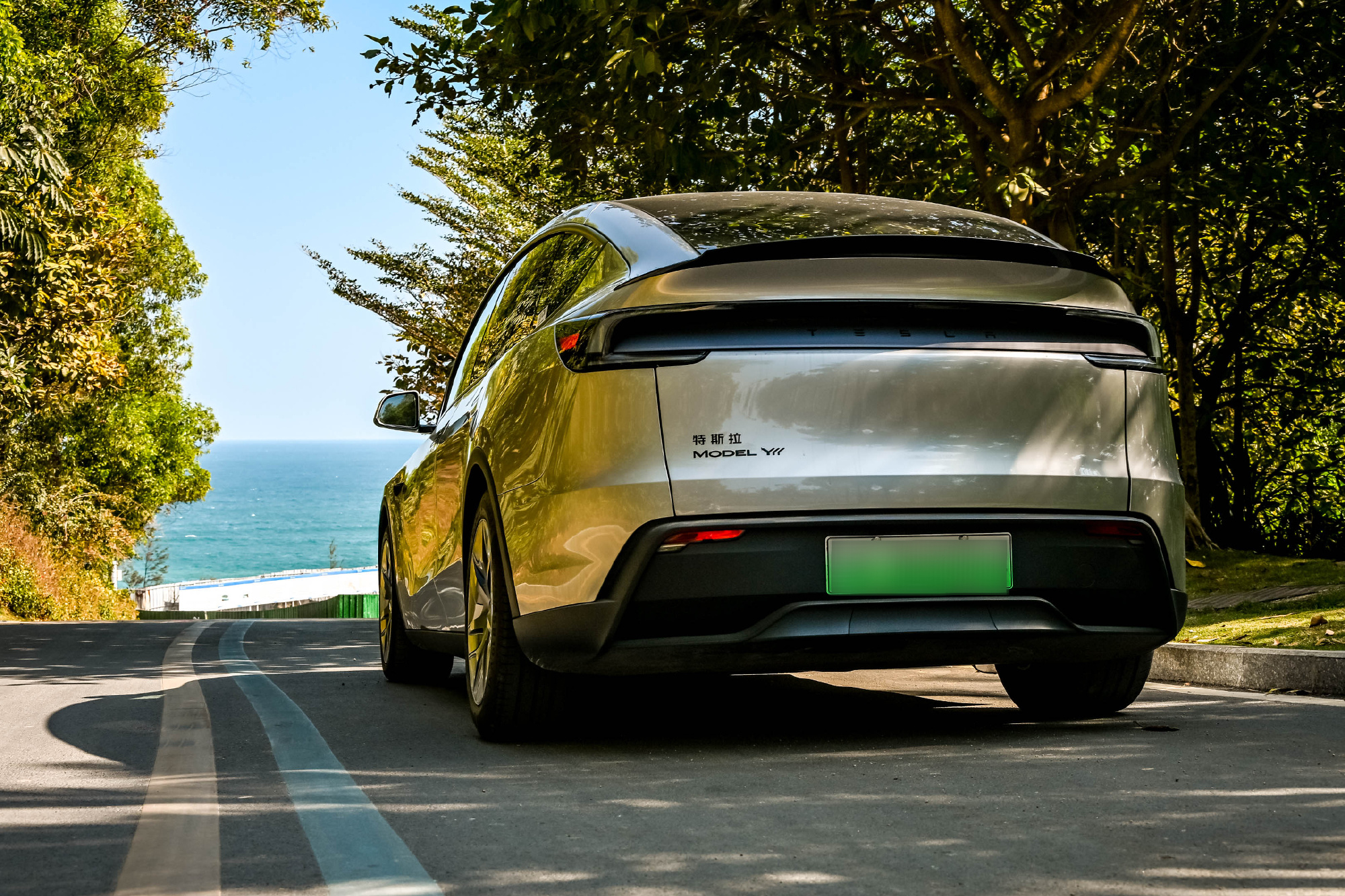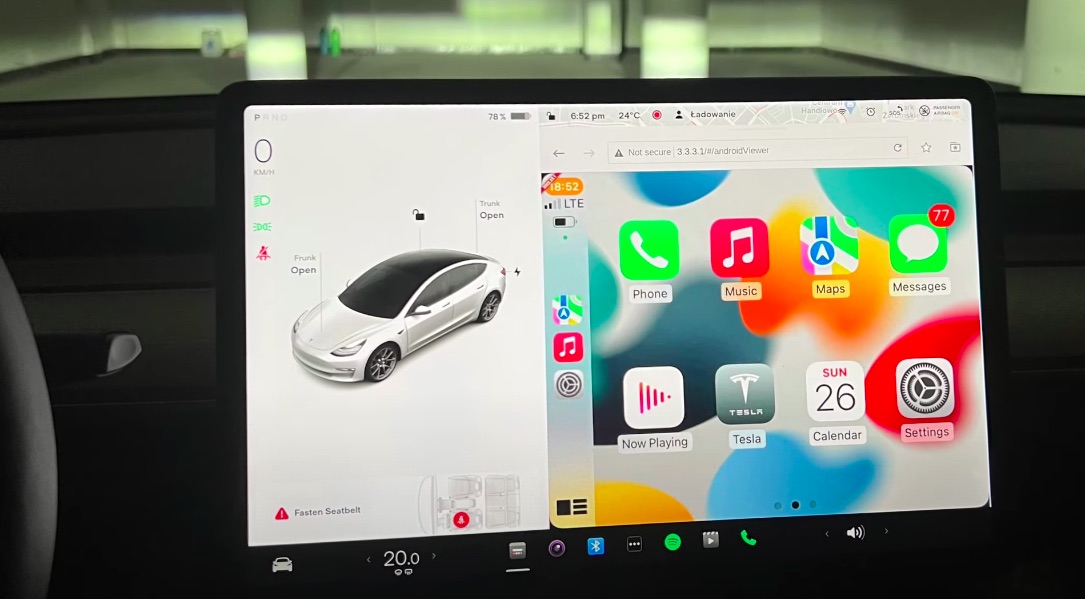News
SpaceX's Elon Musk reveals next Starship's Raptor engines, explains latest failure
SpaceX CEO Elon Musk took to Twitter to better explain what happened when the latest full-scale Starship prototype failed during one of its first tests, while later revealing the rocket engines set to power a future prototype’s first flight.
On April 3rd, SpaceX initiated the third full-scale Starship prototype’s first cryogenic (ultra-cold) pressure test by loading the ~30m (100 ft) tall rocket’s upper propellant tank with what was likely 400+ metric tons (~900,000 lb) of liquid nitrogen. For several hours, liquid nitrogen – a chemically-neutral propellant simulant – was loaded and offloaded several times. Finally, around 2:07 am local (07:07 UTC), the liquid oxygen tank below the methane tank abruptly crumpled, reminiscent of a plastic bottle with the air partially sucked out of it. After several long seconds of gradual crumpling, gravity did what gravity does and pulled the heavy upper tank to the ground, shredding the rest of the rocket’s thin steel skin.
Both unfortunate and a positive development, Musk has recently confirmed Teslarati’s earlier speculation that based on videos of the anomaly, a bad test design and operator error(s) – rather than a technical fault of the rocket itself – could have been the cause of Starship SN3’s failure. In other words, barring future operator error-related failures, Starship SN3’s second cryogenic test went quite well and should mean no delays to Starship SN4’s ongoing assembly.
Particularly in light of Elon Musk’s statement that operator error and a bad test design caused Starship SN3’s failure, the ship’s April 3rd performance was quite impressive. That SN3 remained vertical for several seconds after its aft tank crumpled and likely lost pressure – despite carrying a load equivalent to a fully-loaded Boeing 747 passenger jet – suggests that the vehicle’s structure is extremely robust.
In his explanation, Musk revealed that the rocket failed because the lower (liquid oxygen) tank had not been pressurized enough to withstand the stress of a methane tank fully loaded with liquid nitrogen. Musk’s description almost makes it sound like one or several people failed to account for the fact that liquid nitrogen is nearly 25% heavier than the cryogenic methane it was simulating.
Thankfully, while a prototype likely worth several million dollars and at least a month of work was lost, that means that SpaceX should be able to move on to SN4 with confidence – at least as long as it can rectify whatever allowed those operator mistakes to occur.

In the same Twitter session, Musk – presumably burning the late-night oil at SpaceX’s Boca Chica, Texas Starship factory – also posted a photo showing three operational Raptors in the same frame, a definite first for the cutting-edge rocket engine. Had Starship SN3 survived its cryogenic proof tests last week, SpaceX’s plan was to install and static fire either one or three Raptor engines. A successful static fire campaign would have then been followed soon after by a full-scale Starship’s inaugural flight test, potentially seeing the ship fly as high as Starhopper’s final August 2019 hop.
Now, while Musk says SpaceX may still “reuse much of [SN3’s] thrust section,” the company’s Starship test plan will now rely on SN4 – the next full-scale prototype. It’s far more likely that SN4 will reuse almost no structural aspects of SN3, but even that might cause just a few weeks of delays. Based on a particular assembly step completed on April 4th, Starship SN4 is only four weeks away from the launch pad under the assumption of zero improvements to the speed of production, assembly, and outfitting. Knowing SpaceX, SN4 could be fully stacked and outfitted even sooner.
For now, it looks like we’ll thus have to wait at least a few more weeks to see Starship attempt another cryogenic proof test and – potentially – breathe its first fire with one or several Raptor engines.

Elon Musk
Elon Musk reiterates Tesla Optimus’ most sci-fi potential yet
Musk shared his comments in a series of posts on social media platform X.

Elon Musk recently reiterated one of the most ambitious forecasts for Tesla’s humanoid robot, Optimus, stating it could become the first real-world example of a Von Neumann machine. He also noted once more that Optimus would be Tesla’s biggest product.
Musk shared his comments in a series of posts on social media platform X.
Optimus as a von Neumann machine
In response to a post on X that pondered on sci-fi timelines becoming real, Musk wrote that “Optimus will be the first Von Neumann machine, capable of building civilization by itself on any viable planet.” In a separate post, Musk wrote that Optimus will be Tesla’s “biggest product ever,” a phrase he has used in the past to describe the humanoid robot’s importance to the electric vehicle maker.
A Von Neumann machine is a class of theoretical self-replicating systems originally proposed in the mid-20th century by the mathematician John von Neumann. In his concept, von Neumann described machines that could travel to other worlds, use local materials to create copies of themselves, and carry out large-scale tasks without outside intervention.
Elon Musk’s broader plans
Considering Musk’s comments, it appears that Optimus would eventually be capable of performing complex work autonomously in environments beyond Earth. If Optimus could achieve such a feat, it could very well unlock humanity’s capability to explore locations beyond Earth. The idea of space exploration becomes more than feasible.
Elon Musk has discussed space-based AI compute, large-scale robotic production, and the role of SpaceX’s Starship in transporting hardware and materials to other planets. While Musk did not detail how Optimus would fit with SpaceX’s exploration activities, his Von Neumann machine comments suggest he is looking at Tesla’s robotics as part of a potential interplanetary ecosystem.
News
Tesla China January wholesale sales rise 9% year-on-year
Tesla reported January wholesale sales of 69,129 China-made vehicles, as per data released by the China Passenger Car Association.

Tesla China reported January wholesale sales of 69,129 Giga Shanghai-made vehicles, as per data released by the China Passenger Car Association (CPCA). The figure includes both domestic sales and exports from Gigafactory Shanghai.
The total represented a 9.32% increase from January last year but a 28.86% decline from December’s 97,171 units.
China EV market trends
The CPCA estimated that China’s passenger new energy vehicle wholesale volume reached about 900,000 units in January, up 1% year-on-year but down 42% from December. Demand has been pressured by the start-of-year slow season, a 5% additional purchase tax cost, and uncertainty around the transition of vehicle trade-in subsidies, as noted in a report from CNEV Post.
Market leader BYD sold 210,051 NEVs in January, down 30.11% year-on-year and 50.04% month-on-month, as per data released on February 1. Tesla China’s year-over-year growth then is quite interesting, as the company’s vehicles seem to be selling very well despite headwinds in the market.
Tesla China’s strategies
To counter weaker seasonal demand, Tesla China launched a low-interest financing program on January 6, offering up to seven-year terms on select produced vehicles. The move marked the first time an automaker offered financing of that length in the Chinese market.
Several rivals, including Xiaomi, Li Auto, XPeng, and NIO, later introduced similar incentives. Tesla China then further increased promotions on January 26 by reinstating insurance subsidies for the Model 3 sedan. The CPCA is expected to release Tesla’s China retail sales and export breakdown later this month.
News
Tesla’s Apple CarPlay ambitions are not dead, they’re still in the works
For what it’s worth, as a Tesla owner, I don’t particularly see the need for CarPlay, as I have found the in-car system that the company has developed to be superior. However, many people are in love with CarPlay simply because, when it’s in a car that is capable, it is really great.

Tesla’s Apple CarPlay ambitions appeared to be dead in the water after a large amount of speculation late last year that the company would add the user interface seemed to cool down after several weeks of reports.
However, it appears that CarPlay might make its way to Tesla vehicles after all, as a recent report seems to indicate that it is still being worked on by software teams for the company.
The real question is whether it is truly needed or if it is just a want by so many owners that Tesla is listening and deciding to proceed with its development.
Back in November, Bloomberg reported that Tesla was in the process of testing Apple CarPlay within its vehicles, which was a major development considering the company had resisted adopting UIs outside of its own for many years.
Nearly one-third of car buyers considered the lack of CarPlay as a deal-breaker when buying their cars, a study from McKinsey & Co. outlined. This could be a driving decision in Tesla’s inability to abandon the development of CarPlay in its vehicles, especially as it lost a major advantage that appealed to consumers last year: the $7,500 EV tax credit.
Tesla owners propose interesting theory about Apple CarPlay and EV tax credit
Although we saw little to no movement on it since the November speculation, Tesla is now reportedly in the process of still developing the user interface. Mark Gurman, a Bloomberg writer with a weekly newsletter, stated that CarPlay is “still in the works” at Tesla and that more concrete information will be available “soon” regarding its development.
While Tesla already has a very capable and widely accepted user interface, CarPlay would still be an advantage, considering many people have used it in their vehicles for years. Just like smartphones, many people get comfortable with an operating system or style and are resistant to using a new one. This could be a big reason for Tesla attempting to get it in their own cars.
Tesla gets updated “Apple CarPlay” hack that can work on new models
For what it’s worth, as a Tesla owner, I don’t particularly see the need for CarPlay, as I have found the in-car system that the company has developed to be superior. However, many people are in love with CarPlay simply because, when it’s in a car that is capable, it is really great.
It holds one distinct advantage over Tesla’s UI in my opinion, and that’s the ability to read and respond to text messages, which is something that is available within a Tesla, but is not as user-friendly.
With that being said, I would still give CarPlay a shot in my Tesla. I didn’t particularly enjoy it in my Bronco Sport, but that was because Ford’s software was a bit laggy with it. If it were as smooth as Tesla’s UI, which I think it would be, it could be a really great addition to the vehicle.








